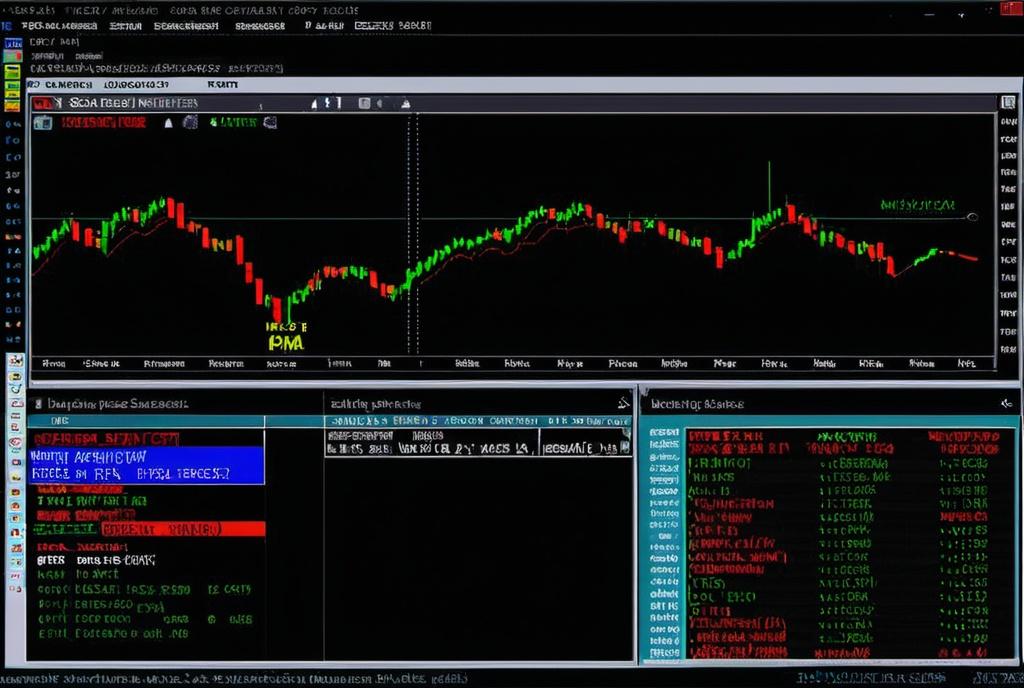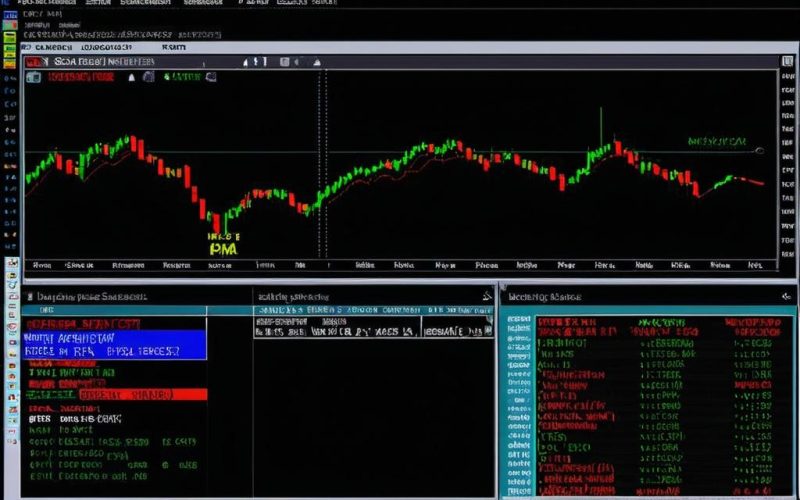Key Take Aways About Stock Options
- Stock options allow buying or selling stocks at a predetermined strike price.
- Two main types: call options (for rising stocks) and put options (for falling stocks).
- Option value depends on intrinsic value and time value.
- Key factors affecting option values: market volatility, interest rates, and dividends.
- Common strategies: protective put (risk mitigation) and covered call (income generation).
- HIT software aids traders with advanced analysis and execution tools.

Understanding Stock Options
Stock options, a financial instrument that can make or break fortunes, allow investors to buy or sell a stock at a predetermined price, often referred to as the strike price. Now, if you’re itching to rake in some cash, knowing the ins and outs of stock options is non-negotiable. These financial tools can diversify your investment portfolio and hedge against risks. But be warned, options trading isn’t for the faint-hearted. It’s like surfing in shark-infested waters, without the sharks.
Types of Stock Options
Here’s the lowdown on the two big guns in the world of stock options: call options and put options. A call option gives you a chance to snag a stock at a specific price before a given date. Think of it as reserving a table at a fancy restaurant. On the other side, a put option acts as insurance, allowing you to sell a stock at a specific price should things go south.
Call Options
When you fancy a stock will rise, call options are your buddies. They grant you the right to buy the underlying stock at the strike price, before the option expires. For instance, if the stock currently sits at $100 and you have a call option with a $90 strike price, you’re in the money once it goes past $90. It’s like having a secret pass to an exclusive club.
Put Options
Put options are great when you suspect a nosedive in stock prices. They give you the right to sell at a set price, helping you cut losses. Imagine owning a car insurance policy that compensates you even when your prized vehicle has a minor scratch. That’s pretty much how puts work in the stock trading universe.
Valuation of Stock Options
The value of a stock option hinges on several factors, including intrinsic value and time value. Intrinsic value is the actual value of the stock, determined by its current price minus the strike price. Time value, on the other hand, is the potential for the stock price to change before the option’s expiry date. Basically, it’s like betting on a horse and hoping it picks up speed before the finish line.
Key Elements Influencing Option Values
Let’s chew over a few elements that can monkey wrench—or turbocharge—an option’s value:
– **Volatility**: The more volatility, the higher the option price. It’s akin to betting in a high-stakes game.
– **Interest Rates**: Interest rates can sway the option pricing. When rates go up, call option prices are likely to follow.
– **Dividends**: If the underlying stock pays dividends, it can impact the option’s price, usually leading to a dip in call option prices.
Strategies for Trading Stock Options
Trading stock options isn’t just luck; it’s strategy. Picking the right strategy requires knowing when to hold ’em and when to fold ’em.
Protective Put Strategy
This strategy is your safety net. If you own shares, buying a put option can help you protect against potential losses. It’s like having an umbrella for when a gloomy cloud rolls in unexpectedly.
Covered Call Strategy
When you already own a stock and want to make a little extra, you can sell a call option. If the stock doesn’t hit the strike price, you pocket the premium. Call this the cherry on top of your investment sundae.
HIT Software: A Game Changer for Stock Options Trading
If you’re neck-deep in options trading, you’ve likely stumbled upon HIT software. It’s a powerful ally for traders, providing tools for analysis and execution. Think of it as your personal assistant that doesn’t mind pulling all-nighters.
Features of HIT Software
HIT software packs a punch with its features, offering tools for both rookies and seasoned traders. Its analytics help in assessing market trends and making data-driven decisions. It’s like having a stock market sage whispering advice in your ear.
How HIT Software Enhances Trading
By streamlining the processes of analyzing and executing trades, HIT software makes trading as smooth as a hot knife through butter. Traders can rest easy knowing they’re making informed decisions, thanks to its advanced algorithms.
In a nutshell, whether you’re aiming for the skies with call options or playing it cool with puts, knowing your tools and strategies is key. And if you’re considering trading stock options, HIT software just might be your trusty sidekick.
